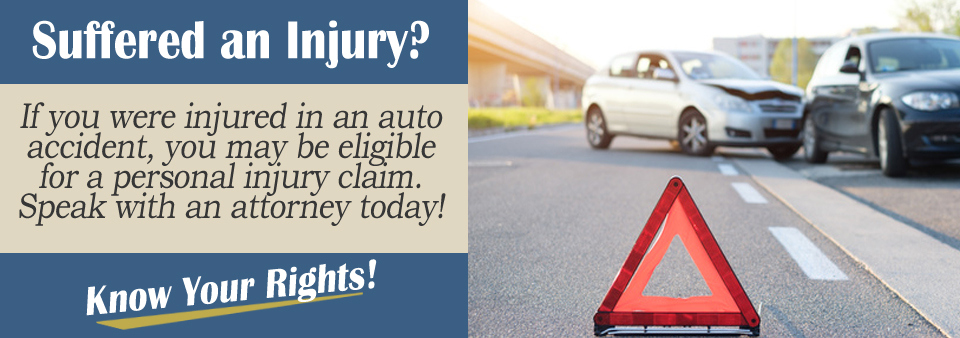Head on accidents are one of the worst types of vehicle accidents. Even head on collisions at slow speeds can generate physical distress issues such as whiplash, constant pounding headaches, and perhaps the worst injury of all, a prolonged battle with a concussion. You also have to deal with the financial headache of repairing the damage done to your car. Knowing how to proceed after a head on auto accident goes a long way towards determining whether you receive financial support from your car insurance company.
The Importance of a Police Report
After the proverbial dust has settled and you have checked on the condition of everyone involved in the head on collision, the time has come to get the closest local law enforcement agency involved. A formal police report can make the difference as to whether your insurer approves or denies your auto accident claim. A vehicle accident claim is the document you file with your insurer that requests money to pay for medical costs and the car damages expenses caused by the accident. Attaching a formal police report to your auto insurance claim represents the most important document submitted to a car insurance company.
The police report sent with your car insurance claim should include the date, time, and location of the accident. A police report that does contain this basic information might be disregarded, without your insurer reading the entire report. Contact information for you and the other drivers involved in the crash gives your insurer the information the company needs to interview everyone involved in the auto accident. The police report should also include the contact information for witnesses, especially witnesses that verify the version of events you recorded within the car insurance claim. Finally, the copies of any tickets issued to one or more drivers should be attached to the formal police report.
Playing Detective When the Police are Not Around
Sometimes, law enforcement agencies politely decline to respond to calls concerning vehicle crashes. The nearest department might be involved in another case, such as investigating a serious crime. In other instances, the officer taking your phone call might determine the accident is not serious enough to warrant a direct response. This means you have to play detective and gather evidence at the scene of the accident.
A head on crash can cause considerable damage to your vehicle. In fact, everyone might check out to be physically in good shape, but your car sustained thousands of dollars in damage. For an auto claim to receive approval from your car insurance company for the damage done to your car, you need to present strong evidence that not only proves the damage exists, but also that the accident produced the damage to your car.

Speak with a Licensed Personal Injury Attorney
Filing a car insurance claim takes time, from compiling evidence to waiting for the last word from your insurer. Some insurance companies refuse to pay compensation to customers that have submitted compelling anecdotal and physical evidence. By working with an experienced personal injury lawyer, you should be able to expedite the auto claim filing process. In addition, your attorney will conduct a comprehensive investigation to ensure everything written into a formal police report checks out for accuracy.
Do not allow your insurance company to walk all over you. Schedule a free initial consultation today with a highly rated personal injury attorney to determine the best course of legal action.